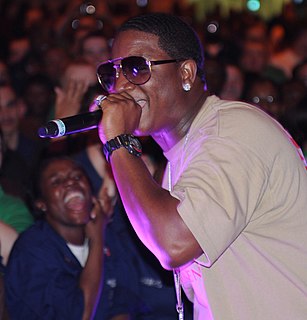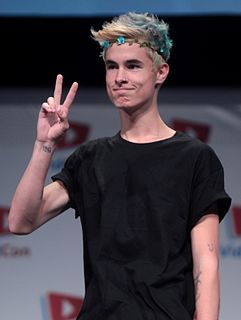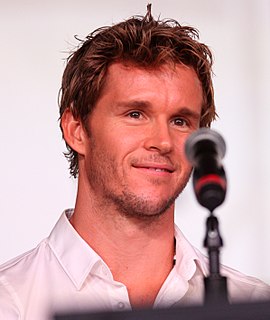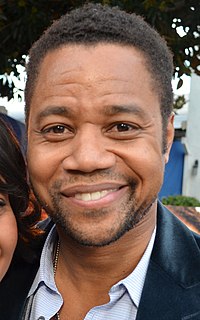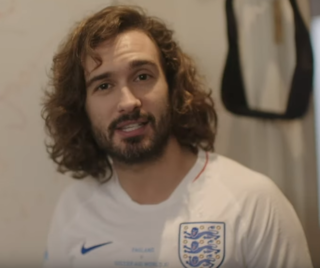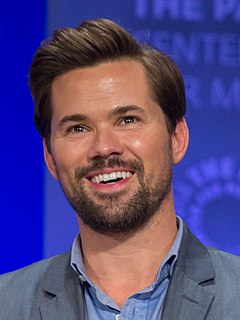A Quote by Terry Zwigoff
Because I found myself telling the story of his family to people without the visual aids that I was able to employ by filming them eventually. But I very much knew exactly what I was going to do.
Related Quotes
See, because I played behind the scenes so much I already knew what to expect. So I started getting myself ready. I was creating work for myself to do. People were telling me to take a rest and saying "damn, you already acting like you going on MTV or something." In my mind I was because I knew it was what I'd have to do in the near future.
I found two true stories. One was in 2003. One was the beginning of 2004. I decided to meld them. Richard Davis' story which is the largest portion of this, a lot of the events are exactly as you saw, exactly what happened and the locations. Exactly as it was said with the chicken house and the strip club. Richard's parents were on the set and they'll tell you that the story is different than their son's. I was very concerned because I called them to say, 'You understand I'm fictionalizing this story?
You can't plan for people to like your movies. I knew that people were not going to run in droves to the theater for the 'In the Valley of Elah.' I knew they might not want to see it, but I still had to the movie; I felt very strongly about it. Wanting to keep telling a good story is what you want to do, a compelling story.
I think that people have to have a story. When you tell a story, most people are not good storytellers because they think it's about them. You have to make your story, whatever story it is you're telling, their story. So you have to get good at telling a story so they can identify themselves in your story.
I went from basically filming in my bedroom by myself, filming some funny videos, and then overnight, I switched into filming in some studios and some warehouses and family homes. I started filming with directors and producers and editors, and there were so many people in the room, so it was definitely weird.
I think when people begin to tell their stories, everything changes, because not only are you legitimized in the telling of your story and are you found, literally, like you matter, you exist in the telling of your story, but when you hear your story be told, you suddenly exist in community and with others.
I think when people begin to tell their stories, everything changes, because not only are you legitimised in the telling of your story and are you found, literally, like you matter, you exist in the telling of your story, but when you hear your story be told, you suddenly exist in community and with others.
In our time, we have become too interested in the artist and his or her character and experience as a way of understanding art. In my view, you should be able to read a book or see a film without knowing a single thing about conditions or circumstances or character of the artist, and experience the work to the full without such information. Sometimes I feel - speaking for myself - that people know much too much about me, and I wish people knew less and could just read these books and respond to them purely as words on a page.
When people get up on the stage and say, "I've got AIDS," or "I'm in recovery," gosh, it's hard for them. It's like that story touches every person's story. You know, they open their entire humanity up. Storytelling is very important in life. Telling the truth is critical. It's like, again, the melody. The melody of jazz music is the truth, for me.
Luckily Ryan Murphy has a great track record of really having his finger on the pulse of pop culture in a way that very few people do. And he is able to work things into stories in a ridiculously timely way - sometimes, before anybody else thinks it's going to be a thing, he is able to create these moments on television. I was thrilled to get to work with him, and I knew he would be able to tell that story with that same energy.

